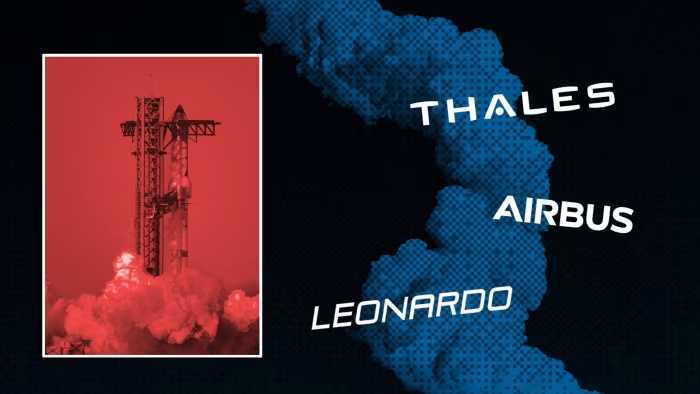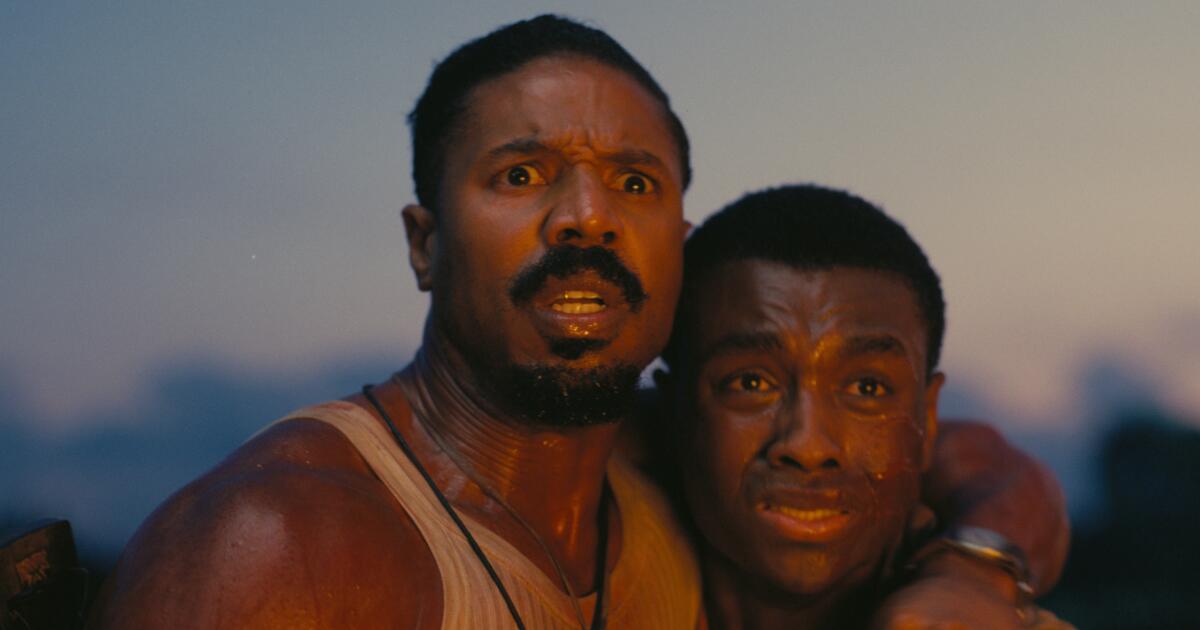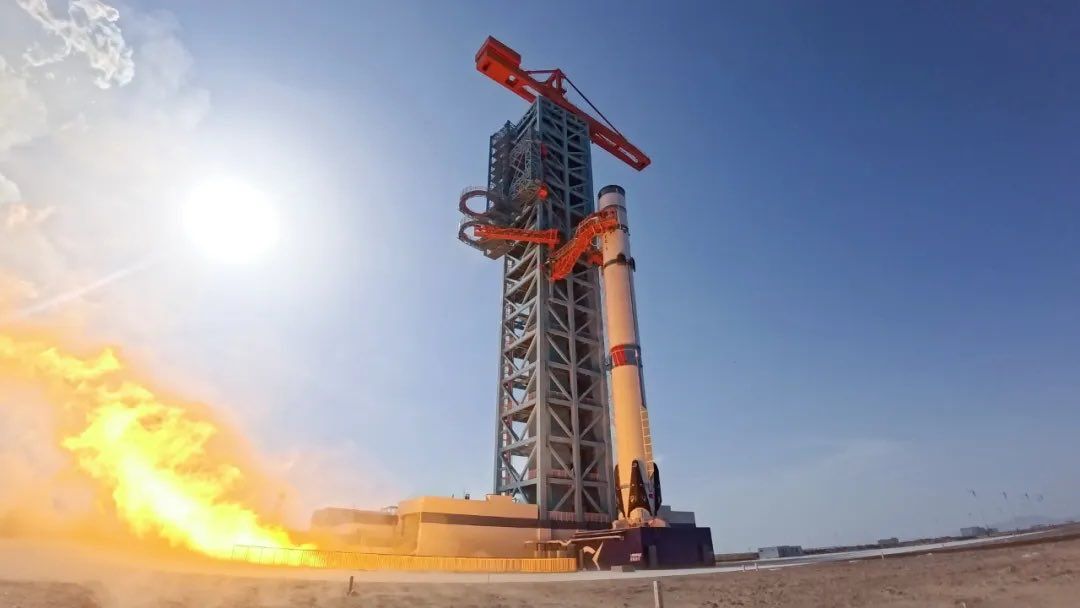Unlock the Editor’s Digest for free
Roula Khalaf, Editor of the FT, selects her favourite stories in this weekly newsletter.
Airbus, Thales and Leonardo are nearing agreement on the merger of their space businesses, aiming to create a European champion capable of competing in a market destabilised by Elon Musk’s SpaceX.
Leonardo’s board met on Tuesday afternoon, becoming the last of the three companies to approve the proposed structure, according to people close to the discussions. An announcement is imminent, but could still slip as some technical points are still being finalised.
Under the plan, Franco-German Airbus will own 35 per cent, with the other two holding 32.5 per cent each, according to two people with knowledge of the agreement. As part of the deal, Airbus is expected to receive a payment from its new venture partners to compensate for limiting its stake to 35 per cent, despite contributing roughly half the combined turnover.
The new group will span nearly 30 sites across Europe employing more than 25,000 people, with combined revenues of about €6.5bn a year.
The companies are expected to confirm that no jobs will initially be lost or sites closed, as reported by the Financial Times in June. But they will highlight the potential for improved efficiency and cost savings from bringing together businesses that manufacture satellites as well as space exploration systems and components, and that offer satellite services. Insiders said, over time, some rationalisation in sites and jobs would be inevitable.
Airbus said it was “having constructive discussions with its partners”, but declined to comment further.
Thales said no agreement had been reached at this stage. “We are continuing our work,” the company said. “Any further comment would be premature.”
Leonardo declined to comment.
The agreement follows more than a year of negotiations, often stalled by disagreement over governance, work sharing and shareholdings. The combined venture still has to be approved in Brussels, but it is understood that the European Commission is open to the creation of a more competitive space champion.
The timing of the deal, first reported by Reuters, comes as Europe struggles to respond to a revolution in satellite demand caused by the rapid expansion of SpaceX’s Starlink communications network in low Earth orbit.
Thales and Airbus have long competed ferociously in the market for large telecommunications satellites delivering broadcasting and connectivity services from geostationary orbit, some 36,000km above Earth.
However, demand for broadcast services has been in decline for several years because of the rise of broadband streaming.
As Musk rolled out high-speed broadband from low Earth orbit — up to 2,000km above the planet — Geo operators’ connectivity businesses also came under pressure.
Starlink, with some 7mn customers, is now moving aggressively into the aviation, maritime and government segments that Geo operators had hoped to serve. As a result, demand for Thales and Airbus Geo satellites has collapsed.
Airbus, Thales and Leonardo are hoping the combination of their businesses will create a more efficient and agile space company, better able to address the shift in the market. They are modelling their combination on MBDA, the European missile venture created in 2001 when France, Italy and the UK agreed to consolidate the industry. Britain’s BAE Systems and Airbus each owns 37.5 per cent of MBDA while Leonardo holds 20 per cent.
MBDA’s successful cross-border manufacturing and one-company ethos has been held up as a model for the space industry, especially as this domain is increasingly strategic for both national and European defence. The commission has emphasised its desire for sovereign capabilities in the space sector — everything from launch operations to space-based secure communications. A strong supply chain is considered a prerequisite to achieving that goal.
However, in recent years all three companies have struggled with their space businesses. Airbus has taken more than €2bn in charges from underperforming space contracts since 2023 and last year announced 2,000 job cuts. Thales Alenia Space (TAS), a joint venture 67 per cent owned by Thales and 33 per cent by Leonardo, has announced almost 1,300 job losses in the past two years.
These troubles have been the catalyst for a merger that has been discussed on and off for several years, most recently in 2019.
Additional reporting by Ivan Levingston








